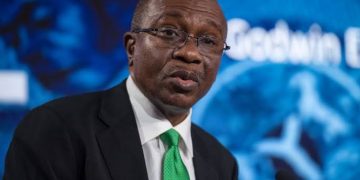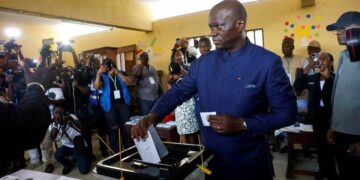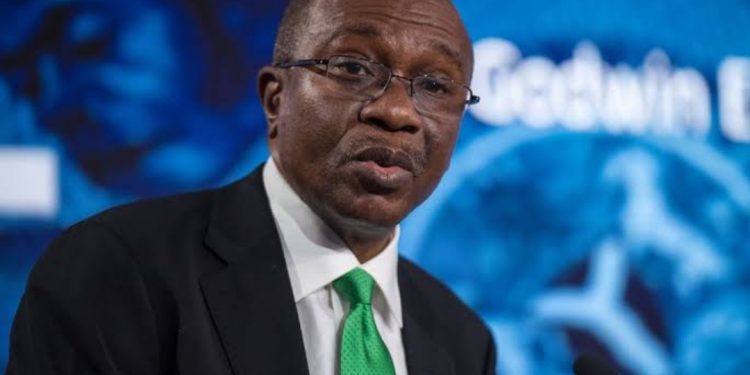By John Ikani
The Central Bank of Nigeria (CBN) has said it sees the country’s inflation rate dropping to single digit next year, with the full implementation of its recent policies designed to boost different sectors of the economy.
Hassan Mahmud, CBN’s Director of Monetary Policy Department, said this on Friday in Lagos at the virtual Mid-Year Economic Review and Outlook 2021, organised by the Chartered Institute of Bankers of Nigeria’s Centre for Financial Studies, in collaboration with B. Adedipe Associates.
The country’s inflation rate fell slightly from 17.93 per cent in May, to 17.75 per cent in June, according to the National Bureau of Statistics.
Mahmud said since the economy recovered from recession in the last quarter of 2020, it had maintained a path of recovery despite certain challenges triggered by the COVID-19 pandemic and insecurity.
He said if policy challenges with exchange rates, insecurity, among others, were addressed effectively, the country would start seeing some positive projections in 202 and the beginning of 2022.
“Also, if the CBN forecasts for GDP growth are sustained, and there is improved vaccination, and the health hazards and lockdowns are not resurfacing, we will see GDP getting close to three per cent by the end of 2021,” Mahmud said.
“We will also see the inflation number coming down less than 13 percent by the end of the year and further down to the NBS projection of single-digit by 2022 or the middle of 2022.
“We will start seeing a downward trend in inflation numbers particularly, headline inflation.”
According to Mahmud, there will be a drop in food inflation, if an effective supply system is maintained and security issues mitigated.
The Chief Consultant of BAA Consult, Dr Biodun Adedipe, who also spoke at the event, said if the oil sector became positive in the areas of prices and production volume and export volume, this would add to economic growth.
“At BAA, our projections for Nigeria economic growth for 2021 had remained 2.54 per cent since February, and we have maintained it so.
“If the prognosis, the oil sector in Nigeria is positive in terms of price, production volume and export volume, that goes a long way in driving growth and changing some of what we see as headwinds and risks,” Adedipe noted.

































